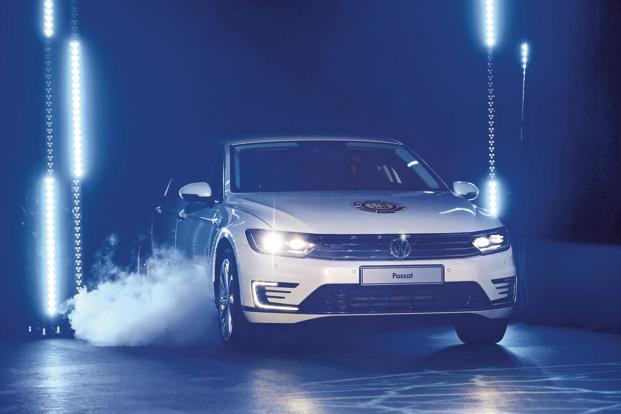The News
Prince Harry: The Royal Greenwashing Controversy
In a surprising twist that feels more like a Hollywood script than royal news, Prince Harry has landed a spot on Time magazine's 2024 Time 100 climate list.
This recognition comes alongside renowned environmental leaders, raising eyebrows and igniting discussions about the authenticity of his environmental efforts.
For many, this award seems to highlight a glaring hypocrisy, especially given Harry's well-documented penchant for private jet travel.
Harry's environmental initiative, dubbed “Travellist,” was launched back in 2019 when he was still an active member of the British royal family.
However, since stepping away from royal duties, his commitment to genuine environmentalism is now being called into question.
Critics argue that while Harry promotes this booking platform aimed at providing travelers with environmental data, it pales in comparison to initiatives led by his brother, Prince William, such as the Earthshot Prize, which actively funds innovative solutions to pressing environmental issues.
The juxtaposition between Harry's recognition and William's tangible contributions raises significant concerns.
While Bill Gates has invested billions into climate initiatives over decades, Harry's contributions seem superficial at best.
The irony is palpable: Harry advocates for climate awareness while simultaneously indulging in private jet trips, including a notorious four private flights within just 11 days.
Such actions lead many to question the sincerity of his environmental advocacy.
Adding to the skepticism is Harry's narrative about a young boy from the Caribbean who inspired his environmental awakening in 2012.
This anecdote feels more like a scripted moment from a feel-good movie than a genuine catalyst for change.
Critics are left wondering why a prince raised by a father who has championed environmental issues since the 1970s would need a random encounter to realize the importance of climate action.
When examining Travellist, it becomes evident that its features are not groundbreaking.
Major booking platforms have offered similar environmental data for years, making Harry's initiative appear more like a rebranding effort than a revolutionary change.
Meanwhile, the Duke and Duchess of Sussex's travel habits—frequent private jets and lavish lifestyles—contradict their supposed environmental commitments.
The recognition from Time magazine feels particularly disheartening for those who have dedicated their lives to genuine environmental activism.
Many activists toil away in anonymity, fighting against pollution and climate change without the luxury of royal titles or Hollywood connections.
Yet, here stands Harry, receiving accolades while his actions seem more aligned with celebrity culture than authentic environmental stewardship.
The timing of this award is also suspect.
Just as Harry and Meghan's Netflix deal faces uncertainty and their public image wanes, they suddenly find themselves back in the spotlight for a seemingly positive reason.
This pattern suggests a calculated PR strategy aimed at rehabilitating their public image, rather than a sincere commitment to environmental issues.
Moreover, the contrast between Harry's lifestyle and his environmental rhetoric is stark.
Living in a sprawling mansion in drought-stricken California while lecturing ordinary people about their carbon footprints creates a disconnect that many find hard to overlook.
It's reminiscent of historical figures who were out of touch with the realities of everyday life, further fueling the perception of hypocrisy.
The impact of Travellist remains questionable.
Has it made any significant strides toward reducing tourism's carbon footprint?
For many observers, it appears to be yet another vanity project, garnering attention without delivering real results.
This lack of measurable impact raises concerns about the sustainability of Harry's environmental claims.
As we reflect on this situation, it's impossible not to think about what could have been if Harry had chosen to collaborate with William on meaningful projects like the Earthshot Prize.
Instead, he seems more focused on building a personal brand, often at the expense of real change.
The potential for impactful work existed, but it appears overshadowed by the pursuit of fame and recognition.
Finally, the commercialization of environmental advocacy by Harry and Meghan is disheartening.
Their efforts often seem more about optics than substance, leaving many to question the sincerity of their intentions.
Genuine change requires more than just awards and appearances; it demands consistent, dedicated action.
As the conversation continues, it's clear that many share the frustration surrounding this issue.
The distinction between true environmental leadership and PR-driven gestures is becoming increasingly apparent.
The hope is that this awareness will inspire more meaningful discussions about what genuine activism looks like and encourage accountability among those who occupy positions of privilege.




































































